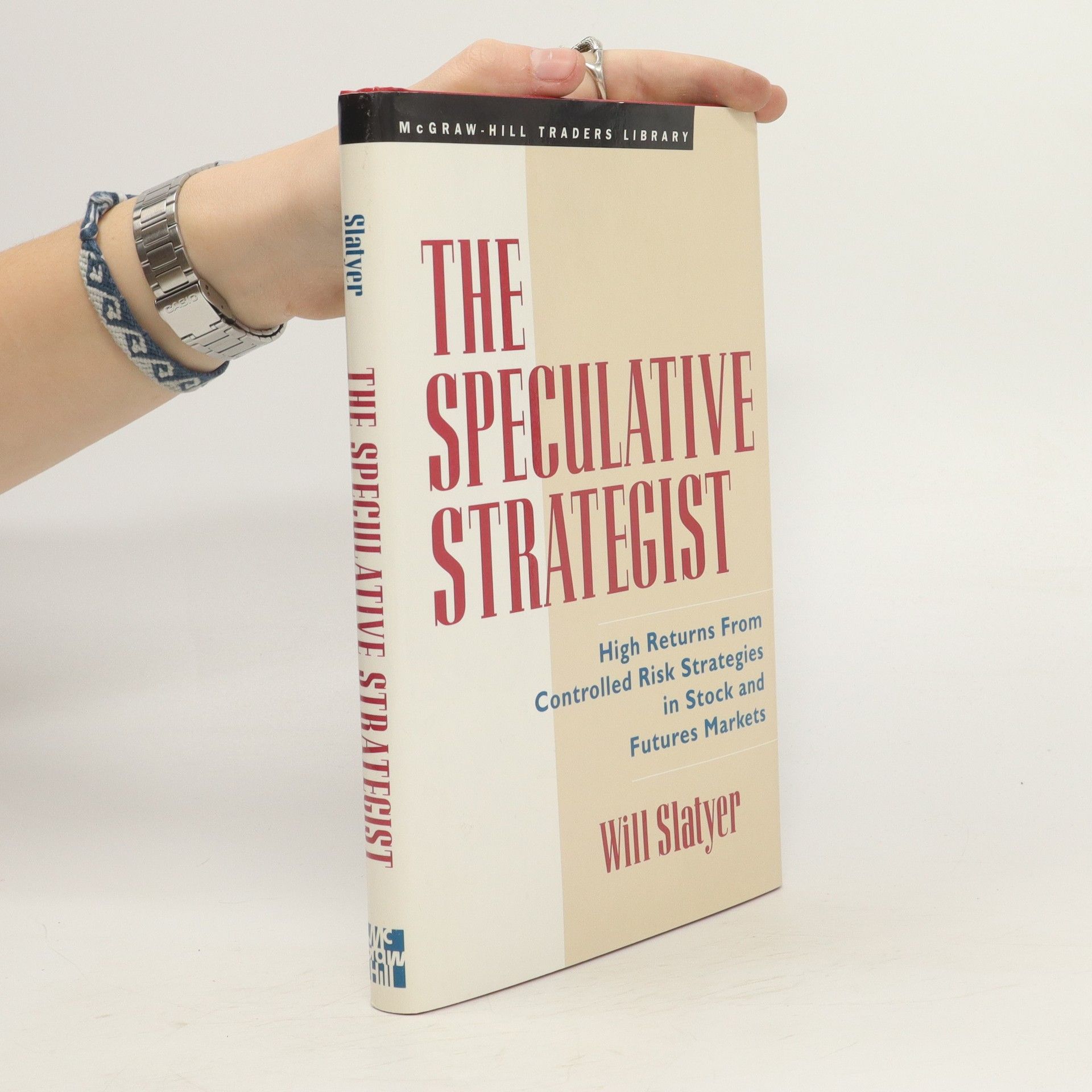If you're a trader seeking higher returns or an investment pro with a daring spirit, join Will Slatyer in exploring a system for generating international profits beyond your imagination. As a seasoned stock and futures trader, Slatyer has developed a groundbreaking trading framework that has gained attention at conferences worldwide. In this engaging narrative, he unveils his system for the first time, providing insights that are both educational and profitable. Slatyer likens financial speculation to strategic attacks on markets, utilizing modern tools to minimize risk while maximizing rewards. Today's top speculators resemble historical privateers: agile, clever, and well-prepared, capturing their share of profits. Alternatively, you might identify more with pirates—thrill-seekers who can achieve great wealth but risk peril through overconfidence. Slatyer guides you in refining your speculative approach and establishing a consistent risk management policy. He outlines how to create a tailored investing strategy that aligns with your personal goals, capital, temperament, and risk tolerance. Additionally, he offers computer-assisted methods for those with limited time to analyze global markets, ensuring that you can navigate the complexities of trading effectively.
Will Slatyer Bücher
